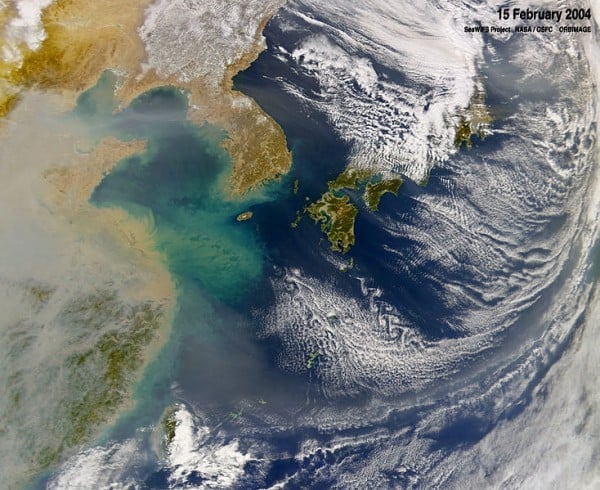
Northeast Asia Image: Climateandsecurity.org
Relationship managers across Asia have a potently difficult year ahead as news reports continue to highlight actions and words that are anything but conducive to cooperation and understanding between regional states. When a former British ambassador to North Korea writes an op-ed in the Daily Telegraph titled “Are China, Japan and South Korea fanning the flames of war?” one should take note. This is not to say, as Ambassador Everard makes clear in his piece, that war is suddenly going to break out in Northeast Asia. That is indeed a very remote possibility. However, the institutional and political structures within Asia, particularly in Northeast Asia, for dispute resolution are unfortunately not in place and it seems that no side or leader is prepared to reach out to the other.
Events currently unfolding in Asia are a stark contrast to both the words and actions of the late Nelson Mandela who was able to overcome great political and personal hardship and enter into a dialogue with the white apartheid government of South Africa and literally lead South Africa through a transition of predominantly peaceful reform. He was not alone in that movement, F. W. de Klerk was a partner in the process. The point is that both men saw the reality in front of them. For de Klerk the future of apartheid was no longer sustainable, for Mandela the path of retribution and revenge was not on the agenda. It was not an easy relationship by accounts, but their political leadership and actions changed a country for the better. Of that there is no question.
This year, 2014, marks the 100-year anniversary of the Great War in Europe, otherwise known as World War I. The Sleepwalkers: How Europe Went to War in 1914 by Christopher Clark is a fascinating read where he highlights the role of flawed human agency in leading European states to war. Clark explains that “we need to understand how these events were experienced and woven into narratives that structured perceptions and motivated behavior.” Unilateral declarations of an Air Defense Identification Zone, near miss collisions in the South China Sea and visits to shrines (when other alternatives exist) that remind neighboring countries of painful war memories are actions that do little to allay suspicions of “the other” in the region and only continue to fuel simmering animosity and tensions.
The one rogue element that Asia does not need at this moment is “nationalist dramas playing out in regional capitals” as highlighted by Dr. Kurt Campbell, Former Assistant U.S. Secretary of State for East Asian and Pacific Affairs, at a public forum last week in Washington D.C.
Rather a leaf out Mr. Mandela’s book is more the prescription. When he finally and legitimately won political power, Mr. Mandela did not turn upon his former aggressors and captors. Rather he chose to create structures and institutions that are an example to all. He made mistakes no doubt, but as the end result demonstrated he prevented South Africa from turning in upon itself, or upon a segment of its citizenry, and he did it without malice. As 2014 unfolds, it would be of more benefit if Asian leaders could put more of their energies in building bridges, as opposed to raising drawbridges. A tall request indeed—and by no means an insignificant intellectual challenge—but it is needed.
Damien Tomkins works at the East-West Center office in Washington, D.C. where he contributes research and content to the Asia Matters for America initiative and coordinates the Asia Pacific Bulletin publication series. The views expressed here are solely those of the author and not of any organization with which he is affiliated.